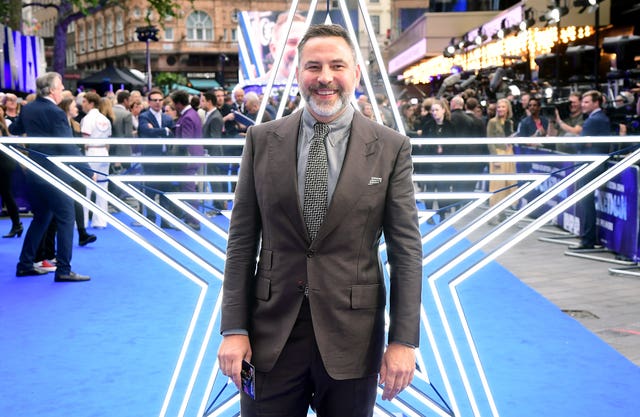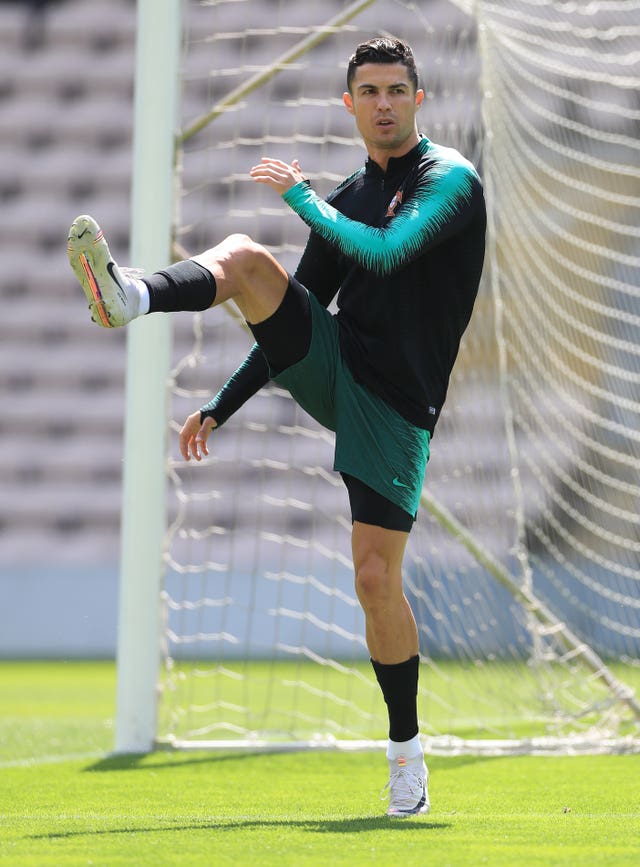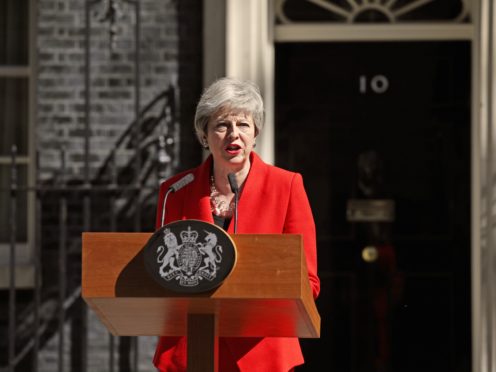Theresa May and Brexit are having a surprising influence on children’s creativity, according to language experts.
Every year, Oxford University Press analyses thousands of entries to a short story competition.
And the linguists and lexicographers have crowned Brexit the “children’s word of the year”.

They discovered that the political impasse over Brexit and the Prime Minister’s difficulties have had an impact on children’s writing.
They are trying to make a deal, help beleaguered Mrs May or simply cancel Brexit, in their stories.
The more than 100,000 stories entered for the BBC Radio 2 Breakfast Show competition also contain several references to the “backstop”, to “no deal” and an increase in political vocabulary.
Story titles include The Cat Who Solved Brexit, Aliens In Brexit and A Unicorn Called Brexit.
The winners of the @BBCRadio2 #500Words competition will be announced at a fantastic live show next Friday at Windsor Castle! You can discover all of the top stories here: https://t.co/dmcOTF3LyE pic.twitter.com/Tk3hDVTy9s
— The Reading Agency (@readingagency) June 7, 2019
Brexit was used 418 times, compared to just 89 the previous year, while mentions of Mrs May went up from 118 to 287.
Oxford University Press director of publishing operations Helen Freeman said: “What is an extremely complex and difficult issue for some of the finest political minds has inspired children’s creativity and inventiveness in a really interesting and smart way.
Zoe Ball has launched BBC Radio 2’s 500 Words 2019, thanking Chris Evans for creating the feature and running it for the last eight years https://t.co/VKMPzsfFtb pic.twitter.com/nZUTekTHgN
— RadioToday (@RadioToday) January 29, 2019
“In 2017 and 2018, Brexit was mostly referred to as a boring subject parents talked about, as something in the background.
“This year it is a very different picture – Brexit is front and centre of the action, with children swooping in to help Theresa May in a proactive, empowered and fun way.”
The research also found a fascination with sloths, the slow-moving animals, which appeared a record 1,100 times this year.
Despite drawing inspiration from an animal with a reputation for laziness, children want to take matters into their own hands, Ms Freeman said.

“This year’s stories show an overwhelming desire among children to take action and create positive change themselves, at home, at school and in society more generally,” she said.
“Agency and empowerment are massive themes.”
Researchers also compared the results with the largest children’s language database in English.
Unicorns are still most the popular real or fantasy animal, with 15,000 mentions, while digital assistants such as Alexa and Siri are also frequent characters.
This year also found an increase in the use of words like veggie and vegan, and another rise in mentions of plastic, which was the 2018 word of the year.

Footballer Cristiano Ronaldo is the top mentioned real person, followed by Donald Trump, Adolf Hitler and Harry Kane.
The 500 Words contest, for children aged five to 13, was created by former Radio 2 DJ Chris Evans and has received over 900,000 entries since its launch in 2011.
The 500 Words Live Final takes place on Friday, from Windsor Castle, with the Duchess of Cornwall as honorary judge and Martin Sheen, Helen McCrory, David Walliams and Hugh Bonneville among the celebrity readers.
This year’s competition, hosted by Zoe Ball’s Breakfast Show with Oxford University Press, received 112,986 entries.
